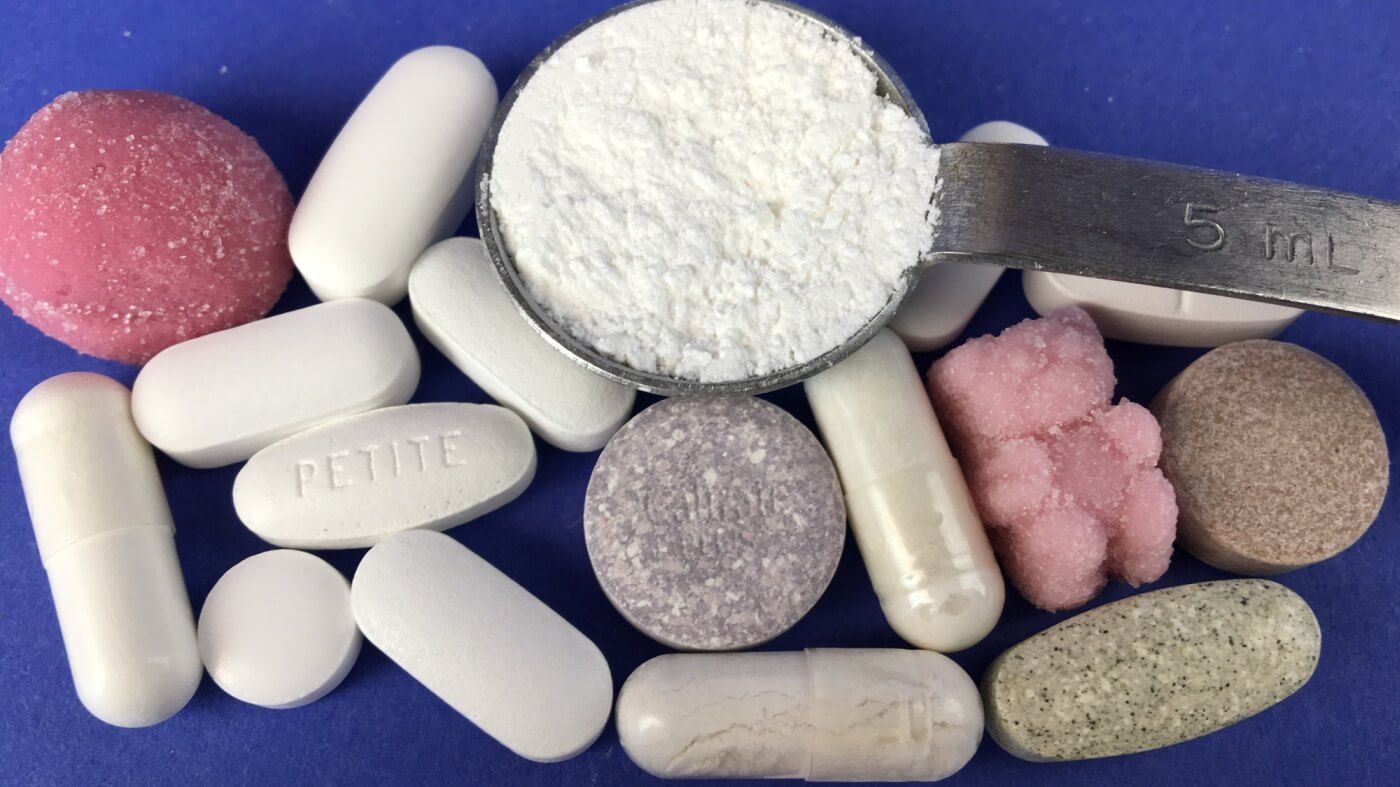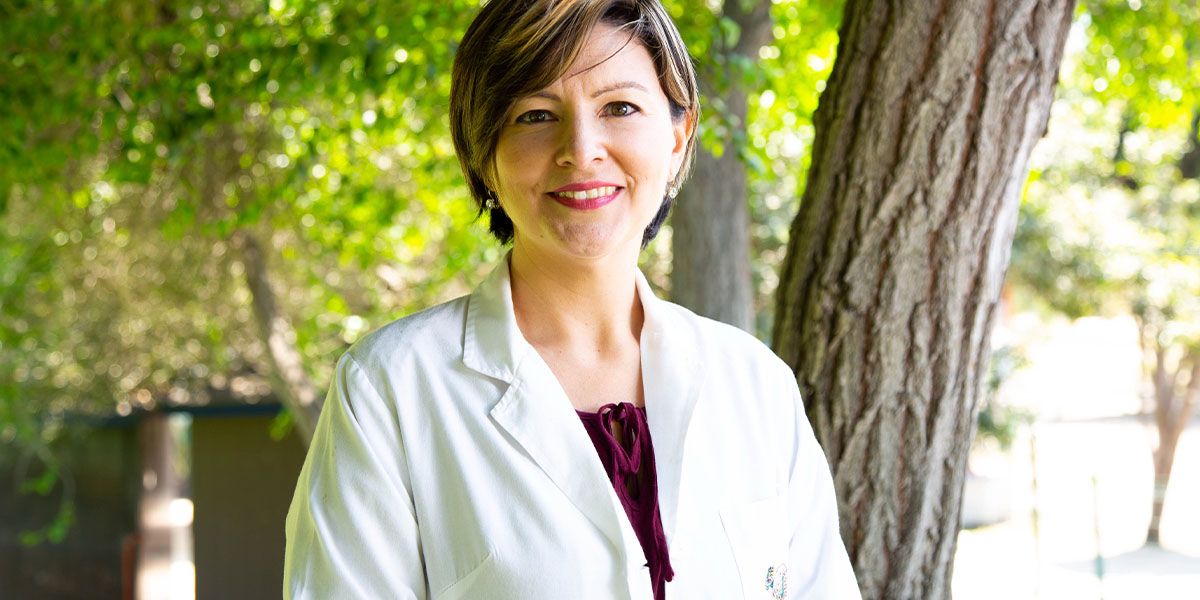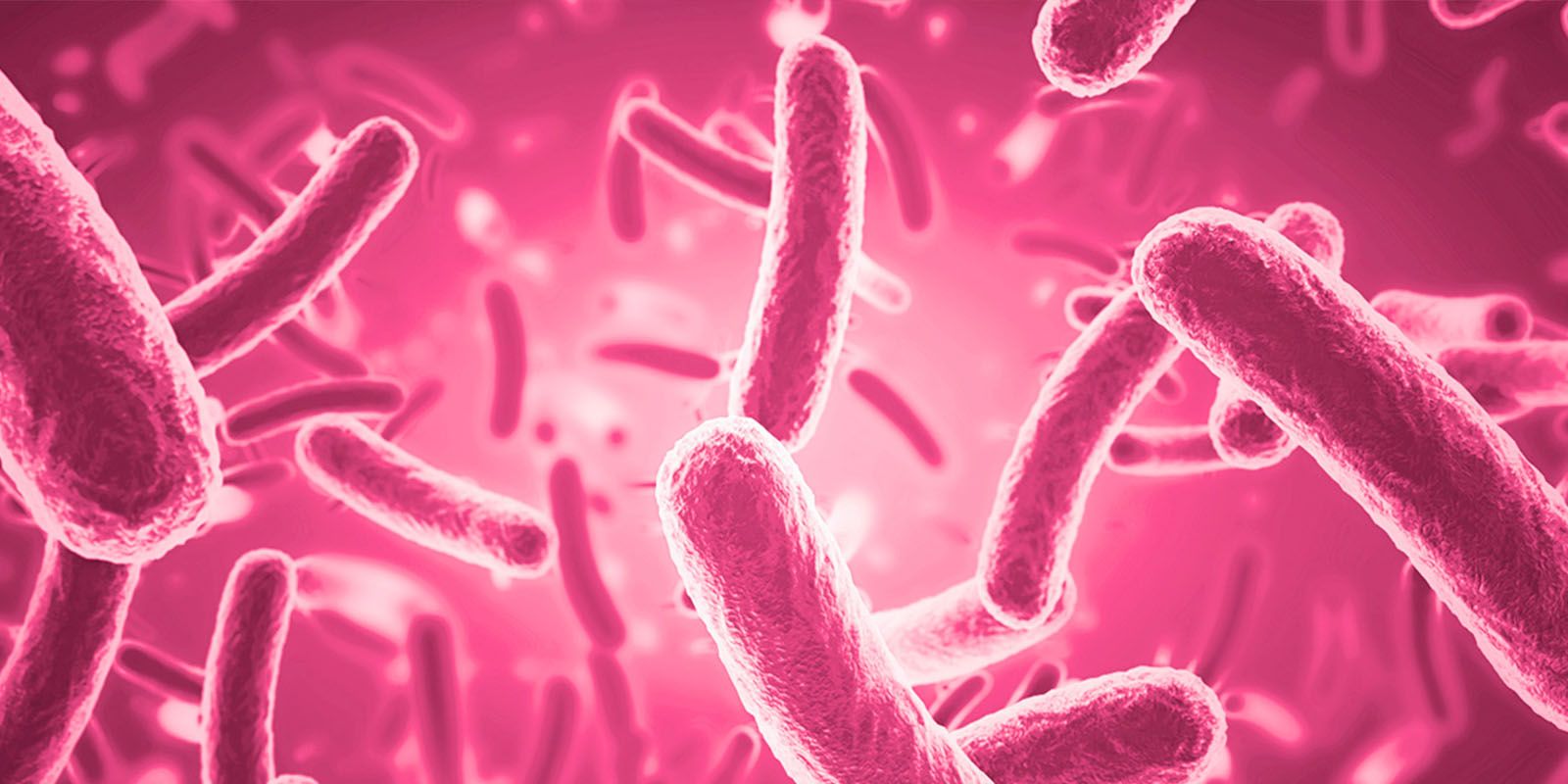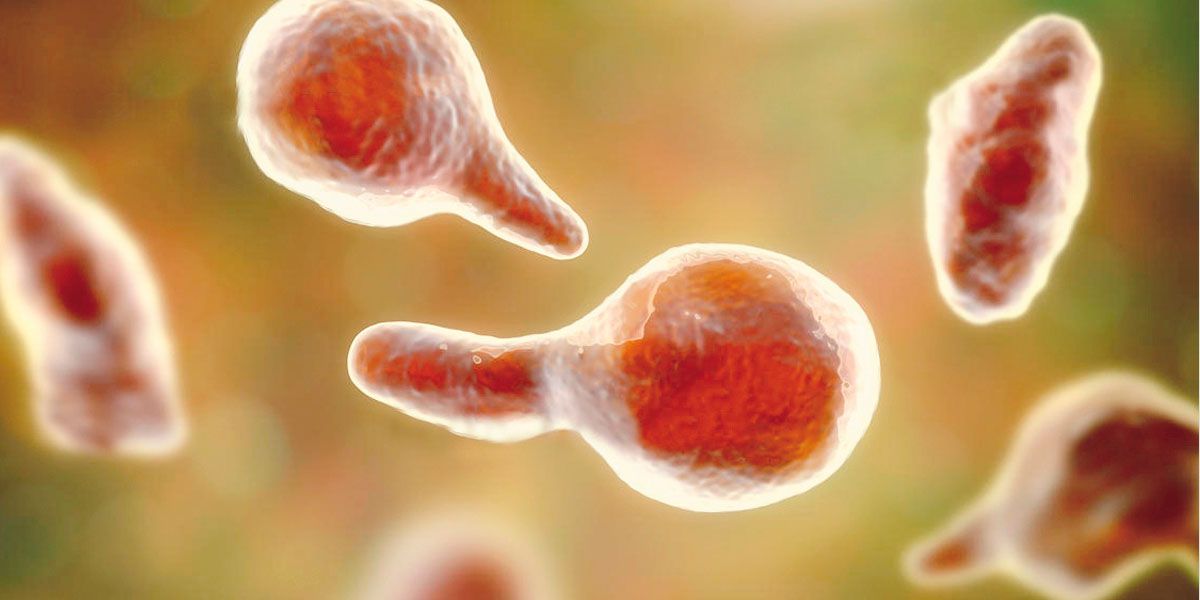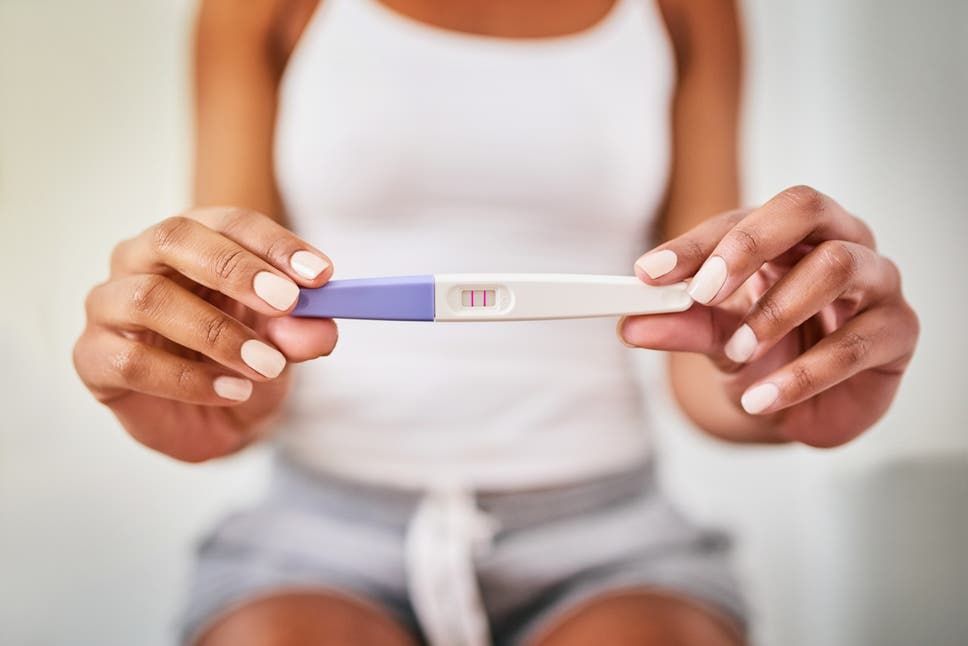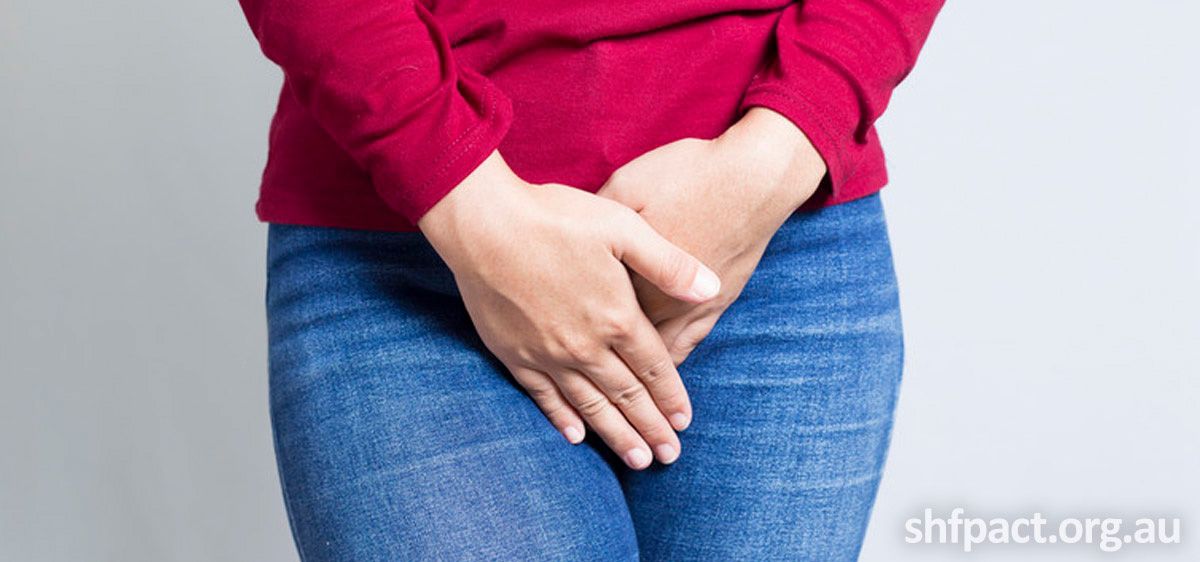‘My hormones went off a cliff – and I’m not going to be ashamed’. An estimated 13 million women in the UK are living with menopause. So why are so many enduring the turmoil of its symptoms without help and support? It’s about time that changed. Portrait by Suki Dhanda.
We are witnessing a tipping point: the rise of Menopause Power: a growing activist movement which will change the Change in the same way that Period Power fought period poverty and stigma. On social media, on podcasts and in newspapers, there’s a huge menopause conversation, as confrontational as it is celebratory. I’ve just...
Sexual & Reproductive Health Information
Sexual and Reproductive Health Information
The information brochures below will help to answer all your sexual health and relationship wellbeing questions.
General Information
Enjoying Sex Safely
Cervical Screening
Human Papilloma Virus (HPV)
Early Pregnancy Health and Care
Pregnancy Options
Painful...
Menopause & Calcium Supplements
Osteoporotic fractures are a common problem worldwide and are associated with increased morbidity and mortality. Calcium is a major component of the skeleton and traditionally calcium supplements have been considered an integral part of Osteoporosis management. Furthermore, most studies of osteoporosis therapies have been performed with the use of concurrent calcium supplements. In recent years, the role of calcium supplements has been controversial, particularly whether they lead to an increased risk of cardiovascular disease.
Calcium Supplements
Key points
The recommended...
Calcium, Menopause and Osteoporosis
Menopause (the natural ending of periods that usually occurs between the ages of 45 and 55) can increase your risk of developing osteoporosis, a condition in which bones become thin (less dense) and may fracture easily.
The drop in oestrogen levels that occurs around the time of menopause results in increased bone loss. It is estimated that, on average, women lose up to 10 per cent of their bone mass in the first five years after menopause. To reduce your risk of osteoporosis, eat a diet rich in calcium and do regular weight-bearing exercise. These lifestyle habits are best started younger...
The fog of menopause
As menopause approaches, a lot of women experience fogginess and forgetfulness. Researchers in Australia are now investigating why.
Nearly two-thirds of women experience brain fog as a symptom of menopause. It may involve difficulty remembering words or names, struggling to concentrate, or the common scenario of walking into a room for a particular reason but then completely forgetting what that reason was.
Is it normal to get sore or have pain after sex?
Sex should never hurt!
Hi! I only recently have gotten a boyfriend and have started having regular sex. After 2 or more days, it starts to get a bit sore down there. Is that normal? I just assumed it was pain from friction, but I don’t know if that’s right and I’ve never sought help because it’s a bit embarrassing!Sandra, 17, in Sydney
To start with, sex shouldn’t hurt, and if it does, a good tip is to say “stop”, no matter what! The aftermath of sex also shouldn’t hurt – whether it’s two minutes, two hours or two days later....
Four things you didn’t know about periods
When you first learn about periods and get your first one, there's a lot to take in, and get used to; tracking your cycle, managing the flow, and regularly changing your pads or tampons.
Often shushed by society, period talk – even into adulthood – can seem like whispered 'women's-only' business, a taboo topic rather than a crucial and celebrated part of women's health.
So in case you missed a menstrual memo, or just want to learn more, here are four things you may not know about the menstrual cycle.
To start with, sex shouldn’t hurt, and if it does, a good tip is to say “stop”, no...
Well Women's Screening Course
Well Women's Screening Course
The aim of this course is to equip nurses working in primary care with the knowledge and skills needed to achieve competency in undertaking Cervical Screening Tests in the context of a well women's screening consultation.
Sexual Health and Family Planning ACT is the leader in integrated sexual and reproductive health workforce development, including post-graduate sexual and reproductive health education for nurses and doctors in the ACT region.
High-quality continuing professional development for the nursing and allied health workforce is central to...
Painful Sex
Painful Sex
Painful sex involving the vagina, vulva, or pelvic area is a common problem. 3 out of 4 people with a vagina will experience it at some stage in their life. For some this pain may be temporary, while for others it may be a longer-term problem.
Sex is a normal and enjoyable part of many people’s lives and is often an important part of a relationship. Pain with sex can be upsetting and can lead to avoiding sex and intimacy, which in turn can affect your relationship.
Where can the pain occur?
Pain with sex can occur on the outside genital area (the vulva), in the area surrounding...
Sexually Transmissible Infections (STI's)
Sexually Transmissible Infections (STIs)
What are STIs?
Sexually Transmissible Infections (STIs) are infections passed from one person to another during sexual contact or the exchange of body fluids.
They are caused by microorganisms such as bacteria, viruses, or parasites.
They can affect areas of the body other than the genitals.
They do not always cause signs or symptoms.
What puts me at risk of getting an STI?
Having unprotected vaginal, anal, or oral sex can put you at risk of getting an STI. You can also get some STIs from skin-to-skin contact. Some activities can place...
Bacterial Vaginosis
Bacterial Vaginosis
What is bacterial vaginosis?
Bacterial vaginosis (BV) is the most common cause of abnormal vaginal discharge.
1 in 3 people with a vagina will have BV at some time in their life.
Bacteria that cause BV can also be carried on the penis.
What causes BV?
BV is caused by an imbalance in the bacteria that is naturally found in the vagina.
Healthy vaginas usually have high numbers of a bacteria called lactobacilli that protect the vagina and keep it healthy. When BV occurs, lactobacilli is replaced by BV causing bacteria.
However, BV is more common:
if you have...
Mycoplasma Genitalium
Mycoplasma Genitalium
What is mycoplasma genitalium?
Mycoplasma genitalium is a bacterium that can cause infection of the cervix, urethra (penis), and anus.
It is a sexually transmissible infection and is like chlamydia, but less common.
How do you get it?
You can get mycoplasma genitalium by having anal or vaginal sex without a condom with someone who has the infection.
Some people may not have any symptoms but can still pass on the infection.
What are your symptoms?
There are often no symptoms with mycoplasma genitalium. If symptoms do occur they include:
If you have a...
Don’t believe the hype. Menopausal women don’t all need to check – or increase – their testosterone levels
Ever heard “low testosterone” blamed for low mood, brain fog and loss of vitality? Despite all evidence to the contrary, social media influencers are increasingly promoting testosterone therapy as an elixir for women experiencing troubling symptoms of menopause.
In a series of documentaries and social media posts about menopause in 2021 and 2022, British TV presenter Davina McCall promoted the use of testosterone therapy in addition to standard menopausal hormone therapy. The “Davina effect” has helped fuel a ten-fold increase in prescribing of testosterone for women in the United Kingdom...
Early pregnancy health
Early Pregnancy Health and Care
Good health and care in pregnancy are essential for you and your baby and are especially important in early pregnancy.
When should I see a doctor?
Ideally, you should see a doctor before you become pregnant to discuss pre pregnancy health and any tests you may need. You can also discuss any medical problems, medications, supplements, and general health in pregnancy.
If this hasn’t happened because your pregnancy was unplanned or unexpected, then when you first find out you are pregnant is an excellent time to visit your GP. They can give you...
Make your sexual health check less, erm ... awkward
Many people find the idea of a sexual health check awkward or embarrassing. After all, it’s not every day someone you barely know asks you intimate details about your sex life or asks to examine your genitals.

